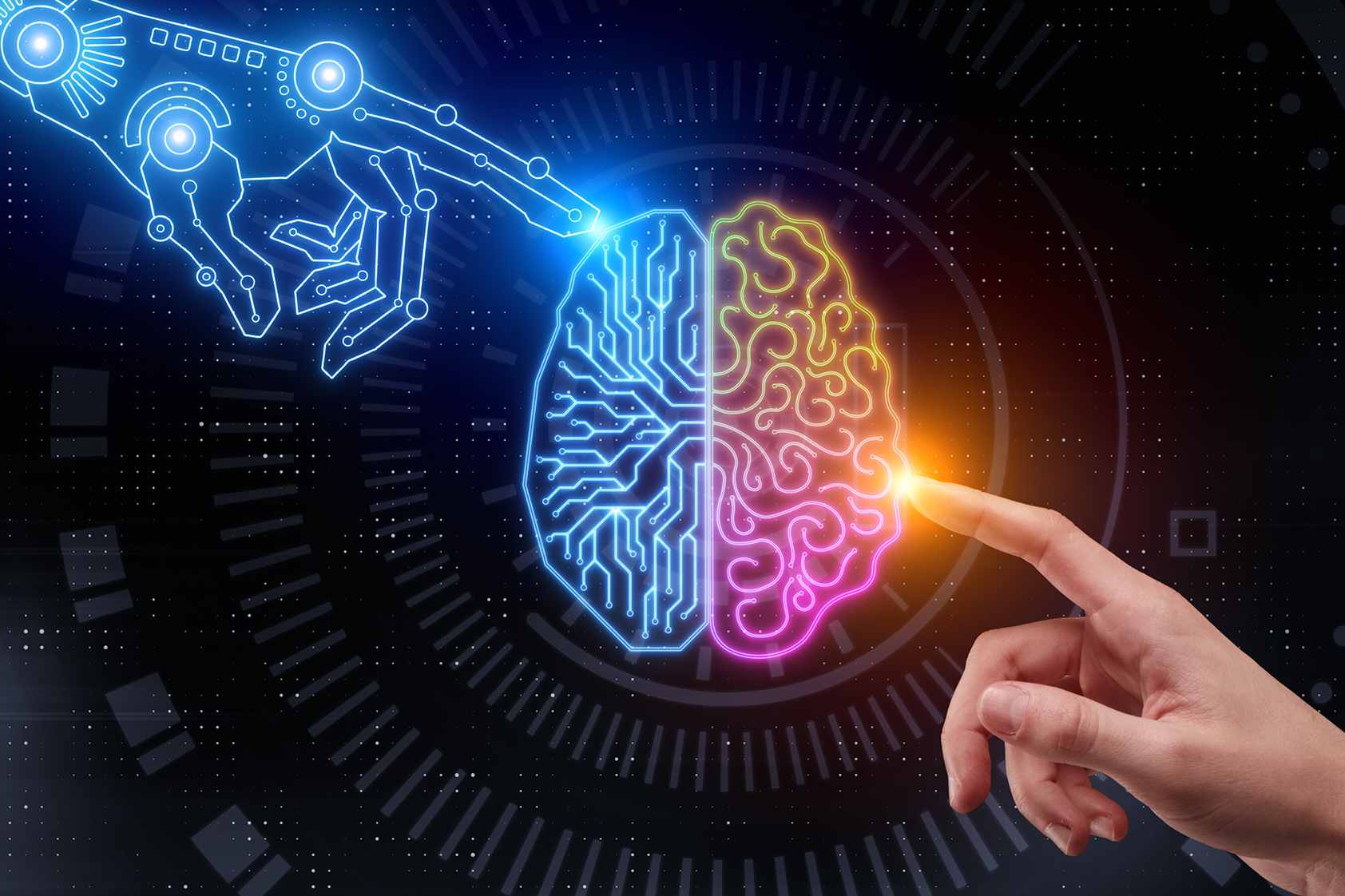In a rapidly changing landscape, Artificial Intelligence (AI) emerges as a pivotal factor that has the potential to reshape the future of work by creating new roles and demanding increasingly updated skills. The constant upskilling of abilities will define the new normal in the job market, where technological advancements and practical experience are gaining ground over formal qualifications.
According to an international report titled “Skills of the Future
” by Banco Santander and Ipsos, conducted in Argentina and 14 other countries across America and Europe, it is revealed that a majority of individuals (58%) believe mastering AI will be essential to access, remain, and stay competitive in the job market. This need intensifies with age, with 96% of individuals aged 55 to 65 emphasizing the importance of continuous training.
Fred Vivas, an AI specialist engineer, CEO, and founder of RockingData, highlights how adding data science and digitalization skills can broaden job opportunities: “
Adding these capabilities to your talent will expand your chances of securing good job prospects. There won’t be an industry or company that cannot benefit from these tools.”
Motivations for upskilling include enhancing employability and professional competitiveness. Those between 35-44 years old particularly see value in adapting to changes, embracing new technologies, increasing efficiency at work, problem-solving skills enhancement, decision-making proficiency, and fostering a mindset for continuous learning.
However, individuals face significant barriers when it comes to professional development. The cost factor underscores the need for more affordable training options while lack of time poses another challenge. A survey reveals that 49% believe that offering free courses by the public sector could promote learning.
Fredi Vivas notes that there is currently a wide range of offerings in terms of price points and approaches for acquiring AI skills: from traditional or online master’s programs to short courses or YouTube channels. He emphasizes the importance of grasping key concepts through guidance from experienced individuals.
Is there a disconnect between educational systems and labor market needs? Having basic digital literacy is deemed crucial as technology evolves rapidly. Skills such as working with AI tools, data analysis techniques cybersecurity awareness are now sought after compared to traditional computing knowledge like using Word or Excel.
Education plays a vital role in preparing individuals for today’s job market demands while also ensuring they stay updated. A substantial percentage believes that public education systems do not adequately equip them for employment challenges. Practical experience alongside informal education through self-learning methods like workshops may hold more value than holding just a professional degree according to many respondents.
Looking ahead into the future job landscape presents interesting nuances; current jobs might disappear due to technological advancements while new roles may emerge requiring different skill sets than those seen today.
Overall findings suggest that continual learning is no longer just an option but a necessity amid ongoing transformations within the workplace environment – building tomorrow’s world starts today with practical education supported by technology and collective commitment towards growth.









Leave feedback about this